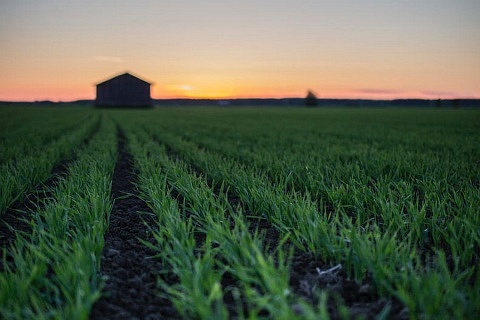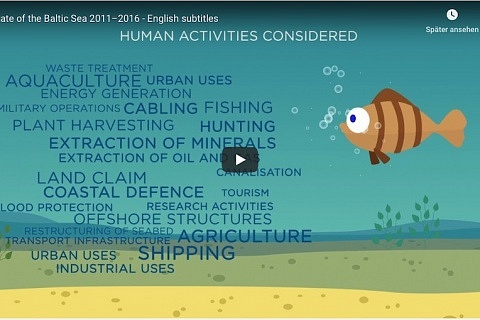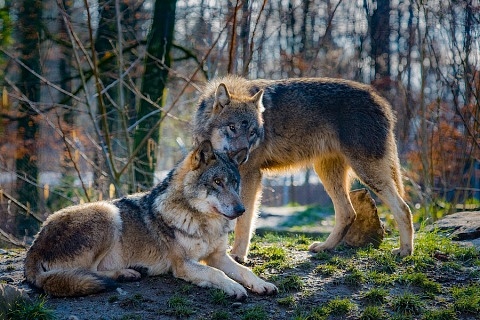Climate change impacts the Arctic regions more strongly than the other parts of the globe, and changes may also be so rapid that we fail to perceive them until they have happened. This is why in the Arctic the capacity to prepare for and adapt to the impacts of climate change is at least equally important as the efforts to mitigate climate change. The international Arctic Resilience Forum, organised by the Ministry of Agriculture and Forestry of Finland in Rovaniemi on 10–11 September 2018, brought various stakeholders together to find solutions to strengthen the climate resilience of the region.
Resilience means the capacity of communities and systems to recover and restore themselves from various kinds of crises and disturbances. The first speaker Professor Sverker Sörlin from the KTH Royal Institute of Technology in Sweden highlighted the role of resilience in promoting risk management and human welfare. Achieving stronger resilience requires close cooperation between researchers, public authorities, companies and local residents.
Head of the Arctic and Environment Unit of the Saami Council Gunn-Britt Retter talked about resilience from the perspective of the indigenous populations. Flexibility and adaptation have always been integral elements of the indigenous cultures, which is why it is important to strengthen the indigenous communities and their adaptive capacity. Good examples of this include the use of the Akwé: Kon-guidelines in the management of natural resources to take due account of the Saami people and the involvement of indigenous populations in environmental observation in the Arctic region.
”Climate and weather determine the conditions for all activities in any society. The greatest economic risks arise from various types of natural disasters. We must prepare for the risks through international cooperation in meteorology and by offering custom-built solutions for decision-making, both in the private and public sector”, says Juhani Damski, Director General at the Finnish Meteorological Institute.
”There is no time to lose because some of the changes may take place surprisingly fast. The better foresight we have in developing new climate resilient solutions and management of weather and climate risks, the less costly will the future be for us”, says Permanent Secretary Jaana Husu-Kallio from the Ministry of Agriculture and Forestry.
René Söderman, Senior Arctic Official at the Ministry for Foreign Affairs agrees with this. ”We must change our customs and practices if we wish to adapt to the changes ahead. More new ideas and technologies must be tested, and more quickly than has been done so far.”
The first day of the forum brought together about 100 participants from various countries in the Arctic region. Finland hold the Arctic Council Chairmanship in 2017–2019, and the Arctic Resilience Forum is part of the programme for Finland’s Chairmanship.

 Deutsch
Deutsch




Leave a Reply